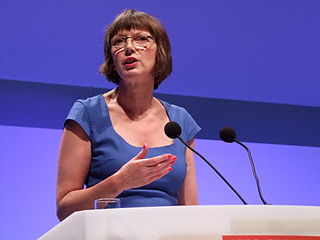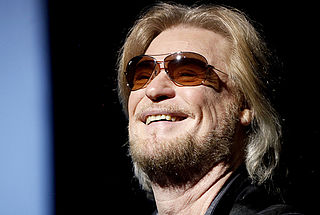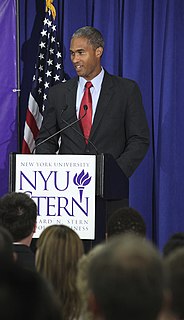A Quote by Ben Bernanke
The economic repercussions of a stock market crash depend less on the severity of the crash itself than on the response of economic policymakers, particularly central bankers.
Related Quotes
Our best long-term and intermediate cycles suggest another slowdown and stock crash accelerating between very early 2014 and early 2015, and possibly lasting well into 2015 or even 2016. The worst economic trends due to demographics will hit between 2014 and 2019. The U.S. economy is likely to suffer a minor or major crash by early 2015 and another between late 2017 and late 2019 or early 2020 at the latest.
If the stock market does go through a crisis of confidence, which I think clearly will happen one of these days, no one can predict just like you couldn't the dot com crash or the Lehman crash, but when it goes down it will go down by thousands of points because everyone will panic. No one owns this market today because they believe there's a huge sunny future for the United States economy. They're buying because they think the Fed can keep the thing pumped up, the bubble expanding.
There's no denying that a collapse in stock prices today would pose serious macroeconomic challenges for the United States. Consumer spending would slow, and the U.S. economy would become less of a magnet for foreign investors. Economic growth, which in any case has recently been at unsustainable levels, would decline somewhat. History proves, however, that a smart central bank can protect the economy and the financial sector from the nastier side effects of a stock market collapse.


































